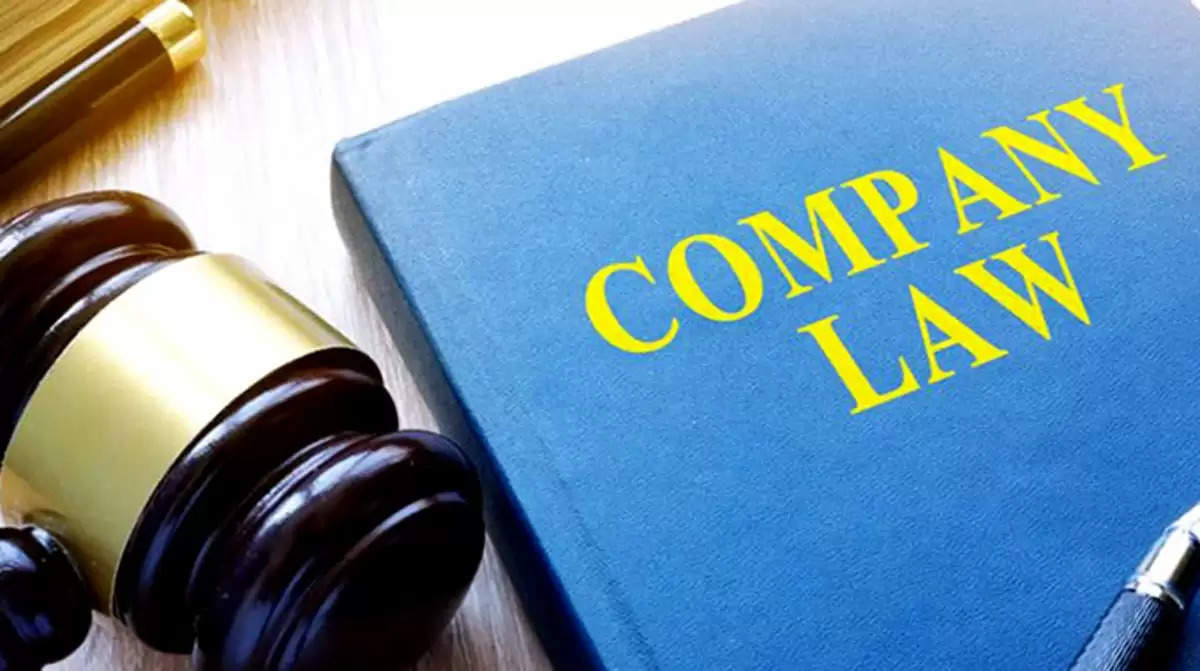LINDLEY’S DEFINITION OF COMPANY AND ITS FEATURES

According to LINDLEY.L.J a company is defined as “an association of many persons who contribute money (or) money’s worth to common stock, and employ it in some common trade (or) business (i.e., for a common purpose), and who share the profit and loss arising therefrom. The common stock so contributed is denoted in money and is the capital of money. The persons who contribute it, (or) to whom it belongs, are members. The proportion of capital to which each member is entitled is his share. Shares are always transferable although the right to transfer them is often more (or) less restricted”. On incorporation, a company becomes a body corporate (or) a corporation with perpetual succession and a common seal. It also acquires a personality distinct from its members.
FEATURES
1. Separate legal entity: A company is regarded as a separate legal entity from its members. In other words, it has an independent existence. The members of a company are not liable for the acts of the company even if he holds virtually the entire share capital. The company’s money and property belong to the company and not to the shareholders.
2. Limited liability: A company may be limited by shares (or) limited by guarantee. If a company is limited by shares, the liability of members is limited to the unpaid value of shares. If a company is limited by guarantee, the liability of members is limited to such amount as the members may undertake to contribute to the assets of the company in the event of the winding-up.
3. Perpetual succession: A company is a juristic person and its life does not depend on the life of its members. It is created by a process of law and law alone can dissolve it. Thus, ‘members may come and members may go, but the company goes on forever. Also, changes in the name of the company (or) conversion of the companies will not affect the legal status (or) life of the company.
4. Common seal: Every company must have its own common seal with its name engraved on it. As the company has no physical existence, it must act through its agents and all such contracts entered into by its agents must be under the seal of the company. It acts as the official signature of the company.
5. Transferability of shares: The capital of a company is divided into parts, called shares. These shares are movable property and can be transferred from one person to another in the manner provided in the articles.
6. Separate property: A company is a legal person distinct from its members. It is, therefore, capable of owing, enjoying, and disposing of property in its own name. Thus, the company is a real person in which all its property is vested and by which it is controlled, managed, and disposed of.
7. Capacity to sue: A company can sue and be sued in its corporate name. it may also inflict (or) suffer wrongs.
8. Share capital: The share capital of a company is always divided into a certain number of shares, each having a specified nominal value. The concept of share capital enables the investor to participate in the ownership of the company. Thus, the share capital enables the company to mobilize huge capital outlay from lakhs of investors, which would not be possible in any other form of business.
9. Voluntary association: The object of a company could be for business (or) even for a non-business purpose. Thus, an association not for profit can also be registered as a company under section 25 of the companies Act, 1956. The word ‘person’ includes both natural person and legal person
